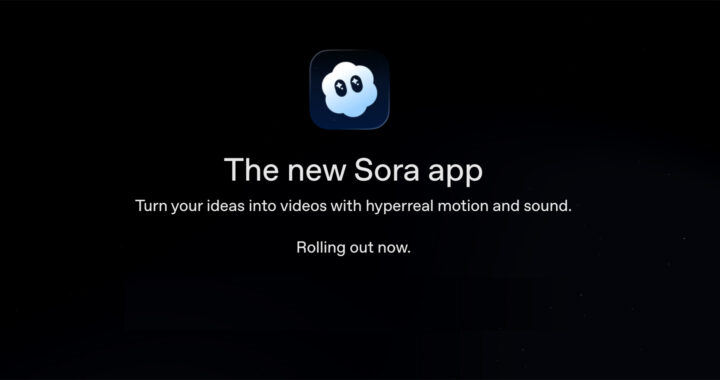OpenAI unveiled an updated version of its text-to-video generative AI model and tool Sora in late September 2025. This also came with a controversial policy that allows the use of copyrighted material in generated content unless right holders request formal exclusion. Various entertainment companies and casual observers immediately raised industry-wide concerns.
The new policy applies by default, meaning copyrighted characters, settings, or recognizable visual elements may appear in user-generated video clips if specific works or elements of a larger work are not individually listed for removal. OpenAI informed talent agencies and various production studios that blanket opt-outs would not be accepted at this stage.
Disney publicly confirmed an early opt-out request immediately after notification. This indicated an unwilling stance toward permissive automated replication of copyrighted materials and other intellectual properties. More than 400 actors, musicians, and authors had previously signed an open letter in early 202 that urged technology developers to respect creative labor.
OpenAI company referenced earlier corporate lobbying efforts that encouraged United States officials to consider AI training activities as fair use under copyright law. However, legal experts noted a crucial distinction between training on copyrighted material and actively regenerating recognizable works for public distribution or potential commercial circulation.
The policy places responsibility on right holders to continuously monitor outputs for unauthorized replication. Smaller independent creators may face greater challenges due to limited resources for enforcement compared to large studios that maintain dedicated legal departments prepared for constant intellectual property surveillance and corrective actions.
Sora could accelerate disputes regarding automated appropriation. Several court rulings involving Meta Platforms and Anthropic previously recognized fair use in training contexts, yet no definitive ruling currently exists for generative reproduction. The upcoming response from courts will likely determine future boundaries between innovation and protection.





